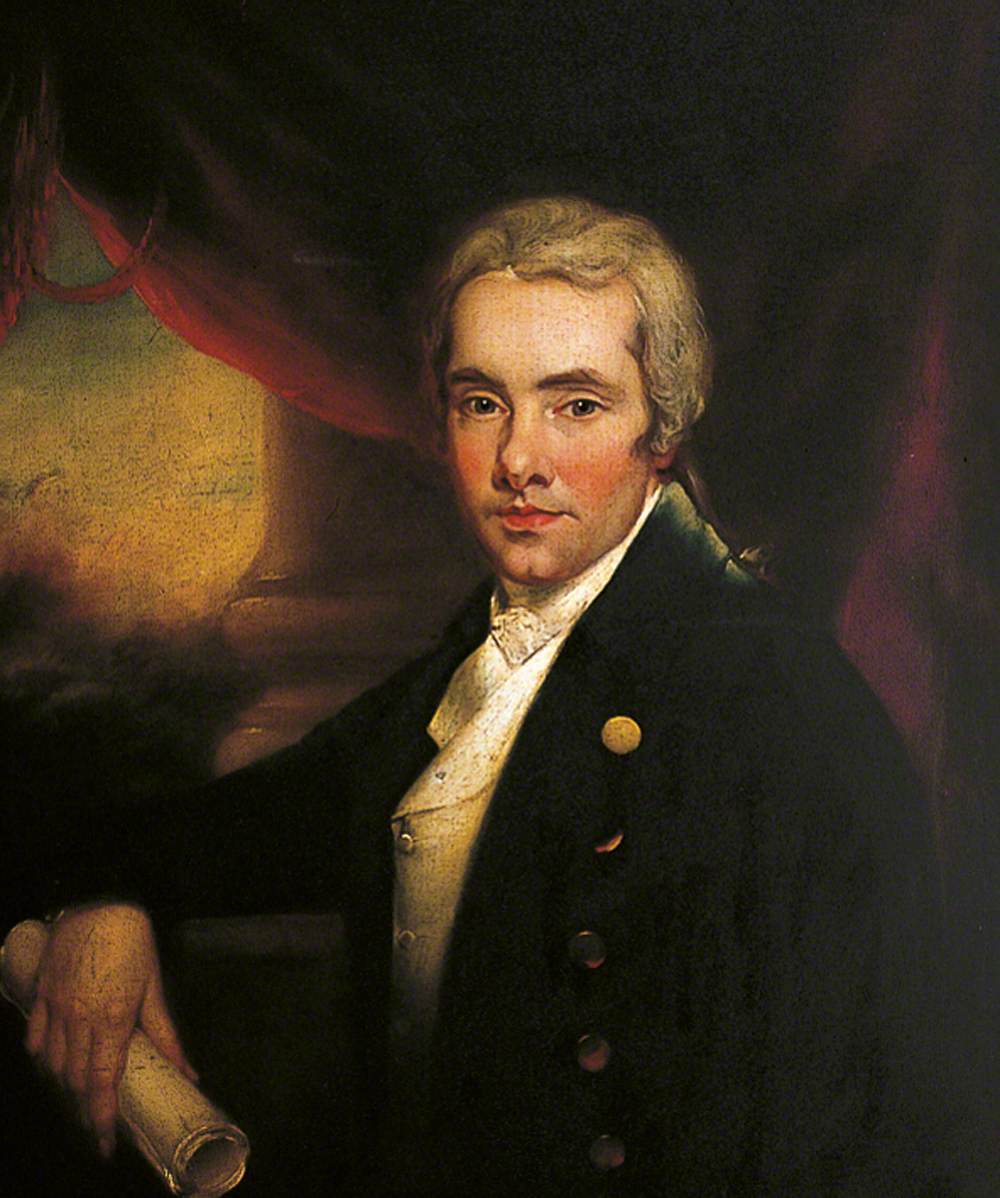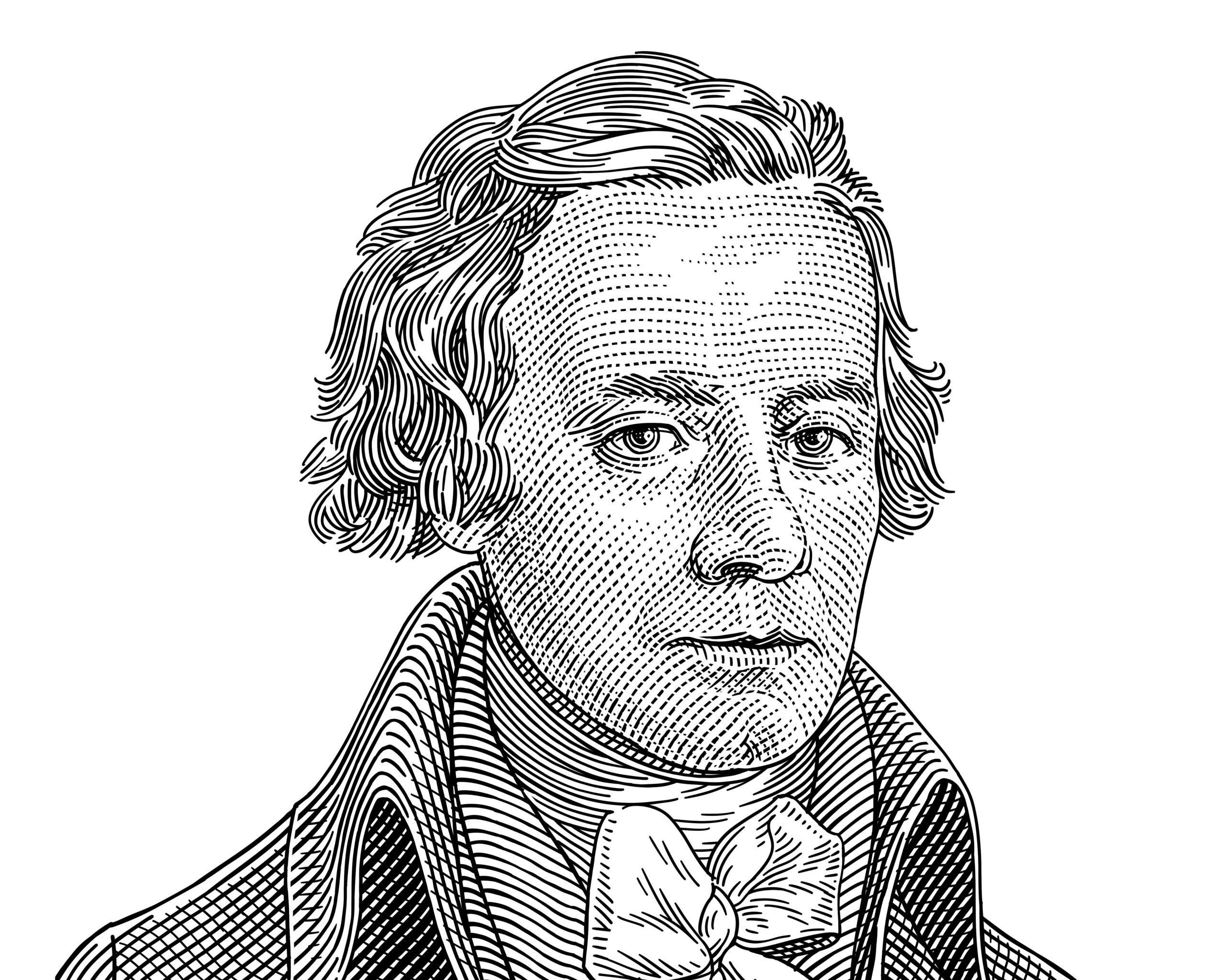Today marks the eighth installment in a series of articles by HumanProgress.org titled The Heroes of Progress. This bi-weekly column provides a short introduction to heroes who have made an extraordinary contribution to the wellbeing of humanity. You can find the 7th part of this series here.
Our eighth Hero of Progress is William Wilberforce, a leading 18th century British abolitionist and politician. Wilberforce’s efforts helped to ban the slave trade in 1807 and abolish slavery in the British Empire in 1833, thus freeing millions of formerly enslaved people.
Wilberforce was born on August 24, 1759, in Kingston upon Hull, England. His father was a wealthy merchant and, at the age of 17, Wilberforce began studying at Cambridge University. The death of his grandfather and uncle left Wilberforce independently wealthy and, while at Cambridge, he lived a relatively carefree life. He was well-known within the university’s social scene and became friends with William Pitt the Younger, who later became Prime Minister.
After graduating in 1780, Wilberforce decided to seek political office and, at the age of 21, he became the Member of Parliament for Hull. He was independent of any political party, stating he was a “no party man.” In his first four years in parliament, Wilberforce admitted he “did nothing to any purpose. My own distinction was my own darling object.” Similar to his university days, Wilberforce was known in many social circles and was fond of drinking and gambling.
In 1785, Wilberforce travelled to Europe with his sister and mother for a vacation. During his time abroad, he read Rise and Progress of Religion in the Soul. This book had a profound impact on Wilberforce’s life. He embraced evangelical Christianity, lost interest in card games and drinking, began to get up early to read the Bible, and decided to commit his future life to work in the service of God.
Thereafter his political views were guided by his faith and his desire to promote Christian ethics. And so began his lifelong concern with social reform.
In 1786, Wilberforce began to play an active role in the abolitionist movement. In 1787, he wrote in his journal that God had set before him the objective of suppressing the slave trade. A group of evangelical abolitionists known as the Clapham Sect soon acknowledged Wilberforce as their leader.
In 1789, he introduced 12 different resolutions against the slave trade to the British Parliament’s House of Commons. Even though he was often supported by Pitt and famous Member of Parliament and philosopher Edmund Burke, Wilberforce’s measures failed to gain majority support. Wilberforce remained resilient and introduced anti-slavery bills in 1791, 1792, 1793, 1797, 1798, 1799, 1804 and 1805. All were defeated.
After the death of Pitt in 1806, Wilberforce tried once more, but this time, rather than calling for an outright ban of slavery, Wilberforce strategically pushed a bill that would make it illegal for slave owners to trade slaves with the French colonies. The bill passed and this smaller step worked to undermine and weaken the power of slave ship owners, thus making it easier for Wilberforce to pass more significant legislation in the future.
In 1807, Wilberforce managed to pass the Slave Trade Act through both Houses of Parliament. However, the 1807 act only banned slave trading and many slaves continued to be held in bondage.
For the remainder of his life, Wilberforce campaigned for the rights of slaves and, despite failing health, he remained integral to the abolitionist movement. In 1825, Wilberforce declined a peerage and resigned his seat due to health reasons.
On 26 July 1833, the Whig government under the leadership of Earl Grey introduced a Bill for the Abolition of Slavery and formally acknowledged Wilberforce in the process. The bill would outlaw slavery in most parts of the British Empire. After hearing of the happy news, Wilberforce died just 3 days later on July 29, 1833.

Wilberforce’s work was integral to the outlawing of slavery throughout the British Empire, the global hegemon of the day. Thereafter, British ships and Royal marines proceeded to extinguish slavery throughout much of the world. For the first time in human history, the suffering of millions was alleviated and dignity of every human being affirmed. It is for this reason William Wilberforce is our eighth Hero of Progress.


